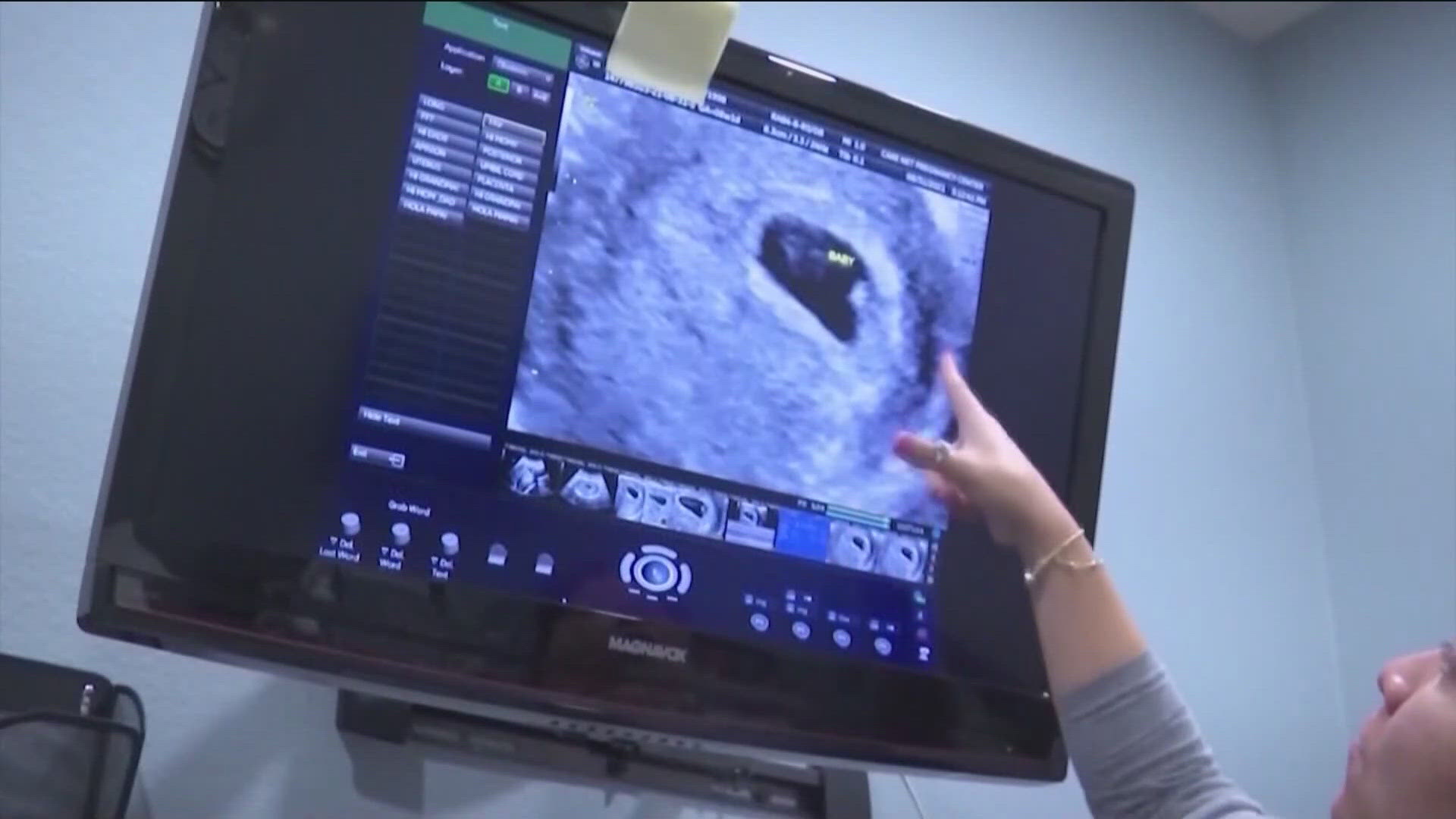ATLANTA — Researchers at Emory's School of Medicine were awarded a five-year, $6 million grant from the Patient-Centered Outcomes Research Institute (PCORI) to organize a study focused on advancing health outcomes for pregnant Black women with limited resources.
This study will evaluate the effectiveness of the two ways pregnant Black women are screened for post-traumatic stress disorder (PTSD). This will also include comparing maternal prenatal care utilization, satisfaction with mental healthcare services and how these factors affect birth-related outcomes.
"Black women with limited socioeconomic resources face particularly high levels of trauma and related mental health problems, including PTSD," Dr. Abigail Powers Lott, associate professor at Emory's Department of Psychiatry and Behavioral Sciences.
Over 800 pregnant Black women 18 years old and up who have been exposed to trauma during their first trimester of pregnancy will receive either a brief screening or a specialized screening that includes components to promote awareness of PTSD symptoms as well as coping skills.
"By identifying effective screening and intervention strategies, we hope to improve maternal mental health and reduce adverse birth outcomes in this vulnerable population," Dr. Briana Woods-Jaeger, associate professor at Emory Rollins School of Public Health, said.
Emory researchers will be a collaboration between the Grady Trauma Project and the THRIVE, or Together Promoting Health and Resilience through Interventions, Voice and Equity Lab, in addition to its partnership with the University of Missouri Kansas City (UMKC).
Black women, in addition to those included in the study, are also involved in giving feedback.
"This includes the THRIVE community action board, which is comprised of Black mothers with lived experiences of trauma, healthcare providers, early childhood service providers, community advocates, healthcare administrators, insurance providers and current Black pregnant patients at participating clinics," the announcement said.
The study will begin on July 1 and last until June 30, 2039. At the end of this study, researchers and healthcare providers should be able to advance the care pregnant Black women receive across the county.



